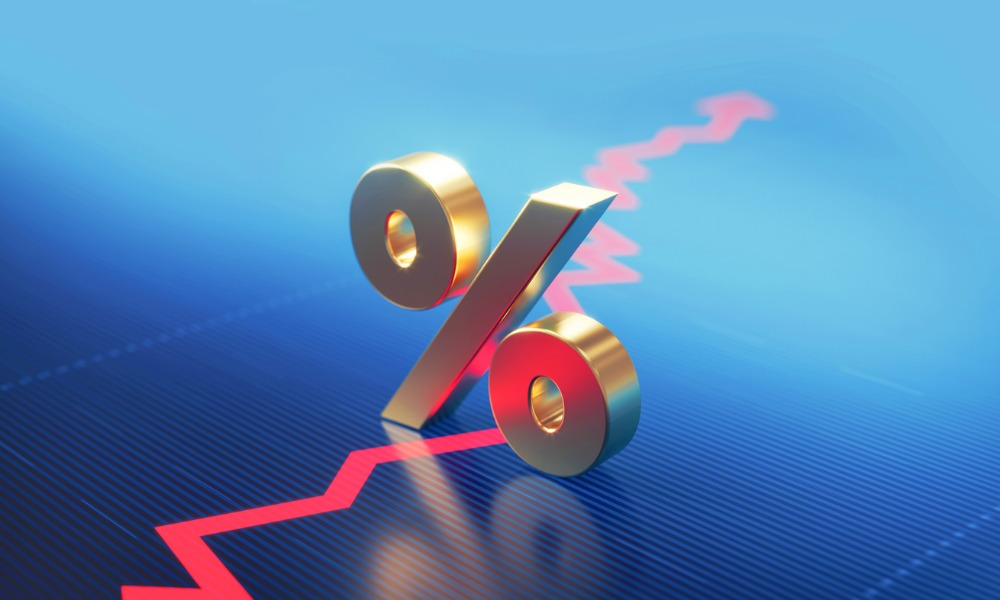However, customers should pay careful attention to whether banks pass on any increase in savings rates

Mortgage borrowers are preparing to see the latest Reserve Bank rate hike passed on in full – but those with deposits should pay careful attention to whether banks pass on any increase in savings rates.
On Tuesday, the central bank hiked the cash rate for the 10th consecutive time, taking it to 3.6% and marking the fastest period of rate action since the 1990s, The Australian reported.
All four major banks are expected to announce rate changes in the wake of the hike, even as the competition regulator prepares to investigate deposit pricing in the sector, the publication said.
Mortgage rates have risen in line or above the RBA’s official cash rate rises, while banks have been less eager to pass on rate rises to savings accounts.
Fixed-rate cliff
With the latest RBA hike, loan repayments have skyrocketed by more than 50% since April 2022, according to an analysis by Canstar. The analysis said that a borrower with a $500,000 loan who had dealt with all 10 rate hikes would pay $1,051 more per month than they did in April 2022.
Read next: RBA must act on inflation now – Westpac
Effie Zahos, Canstar money commentator, told The Australian that borrowers’ financial woes would be compounded by “homeowners about to roll off fixed-rate home loans who will need to play catch-up to meet the higher repayments that will now come with variable rates.”
About 800,000 borrowers on fixed rates will see their terms expire this year.
Patience counseled
Zahos urged borrowers to power through the rising rates, since at least one bank is predicting rate cuts starting late this year.
“Commonwealth Bank expects the Reserve Bank will start cutting the cash rate in the last quarter of 2023, while both NAB and Westpac think we will start seeing the cash rate fall in early 2024,” she said. “ANZ, however, thinks we are unlikely to see rates go down until November 2024.”
“Tough decisions”
Sally Tindall, research director at RateCity, told The Australian that the latest rate hike could push some borrowers to “pick up the phone to the bank for help.”
“This latest hike is going to pack a punch for many families, who could be forced to make some tough decisions,” she said.
While mortgage defaults and distressed sales have remained low so far, CoreLogic research director Tim Lawless said it would be naive not to expect them to rise due to the lag effect of rate increases on household budgets.
“More households are likely to be facing balance sheets that have become thinly stretched,” Lawless told The Australian. “However, a trend towards improved underwriting standards, including lower proportions of high debt-to-income ratio lending and high loan-to-value ratio lending since early 2022, should help to keep mortgage defaults relatively low.”
Have something to say about this story? Let us know in the comments below.



